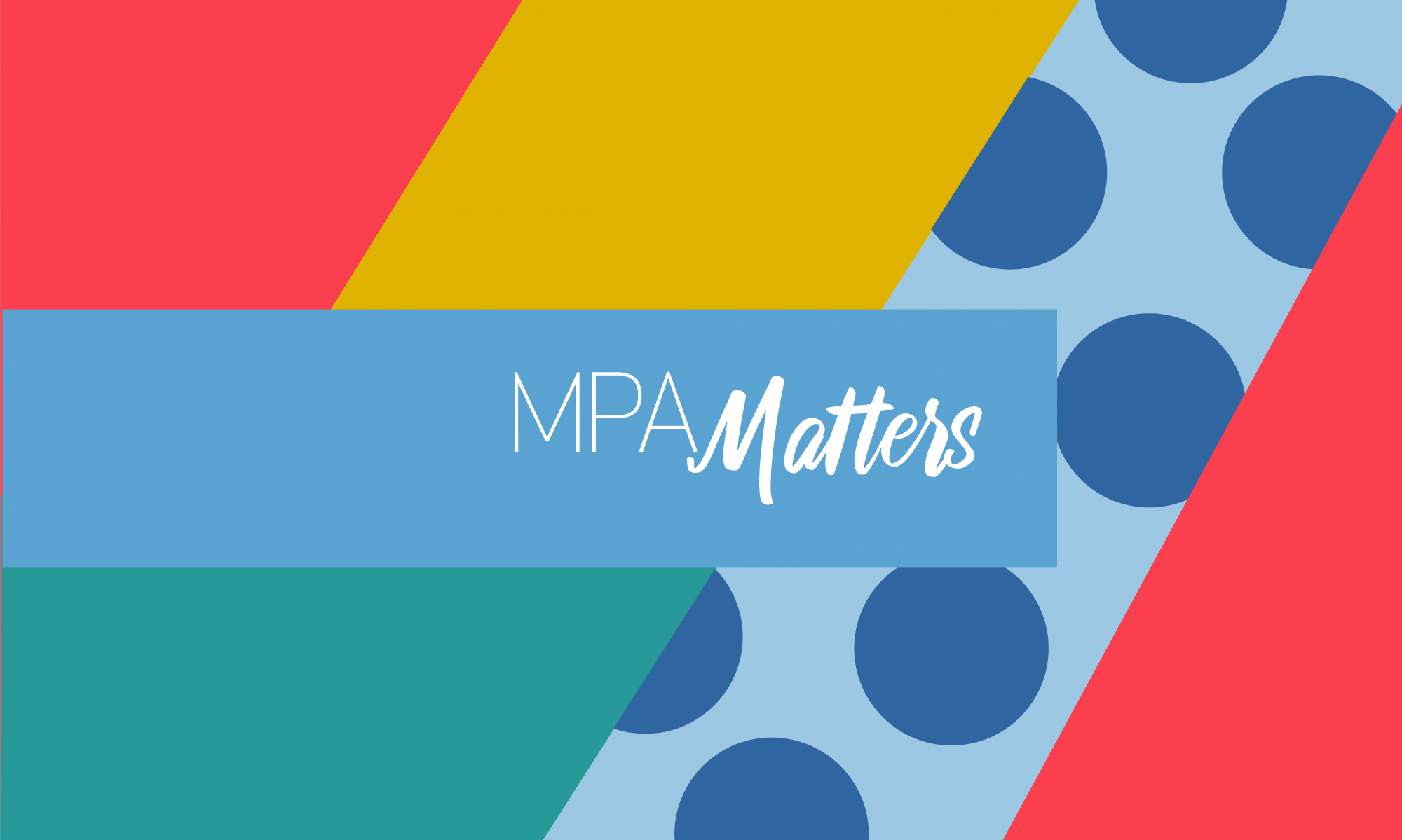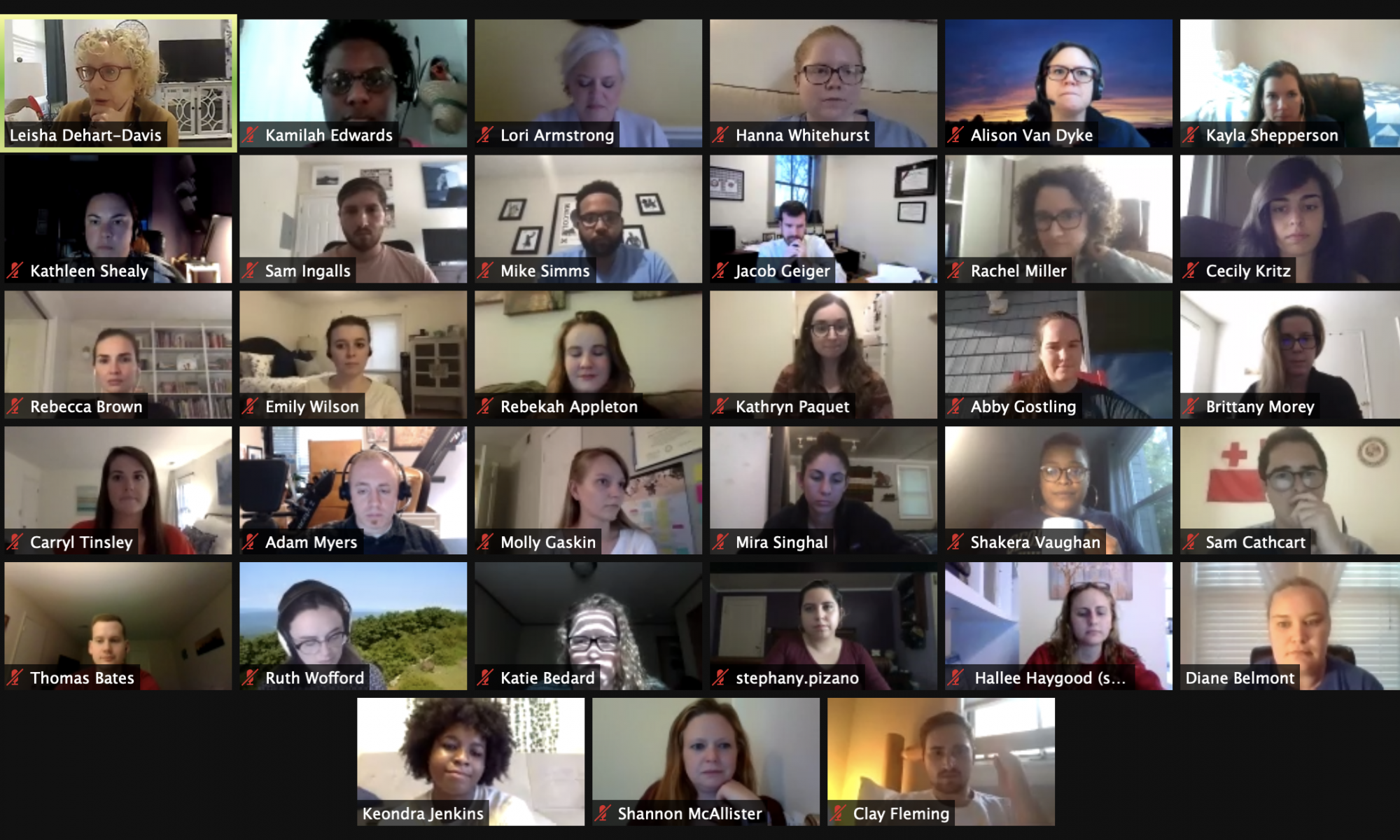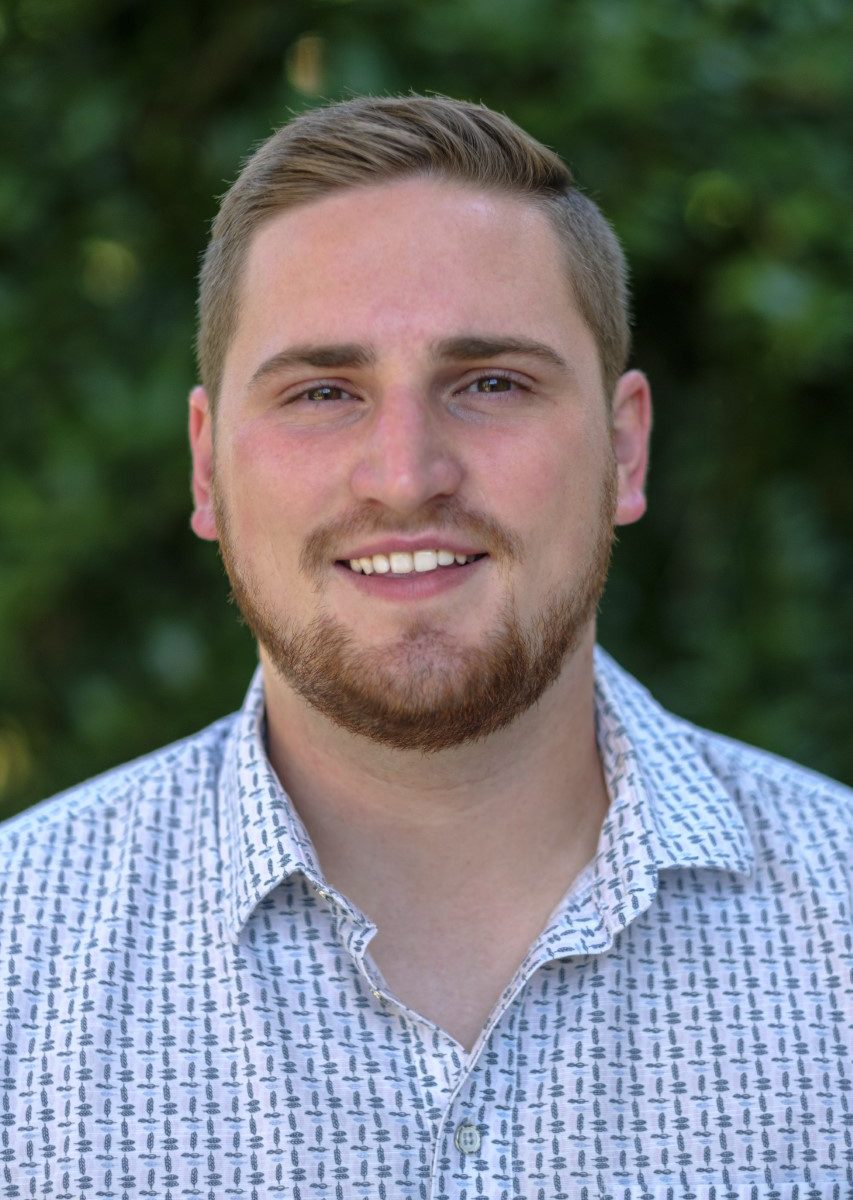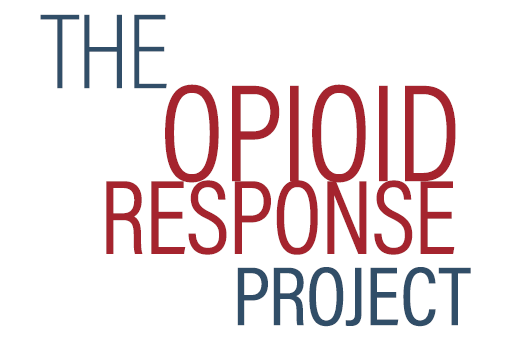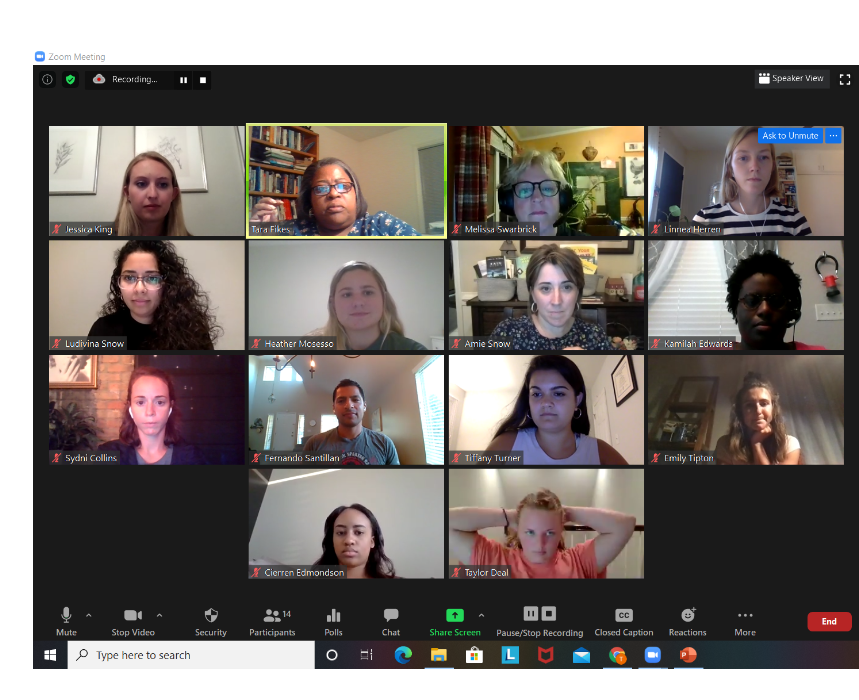A couple of weeks ago, we had 22 bright and eager students begin our online MPA program, and we couldn’t be more excited to introduce them to you. With most of them averaging 10 years or more of work experience and 27% of them holding advanced degrees, we are proud to be the next step in their personal and professional journeys.
As always, we like to showcase the breadth and diversity of our cohort in terms of backgrounds, interest areas, diversity, and interests. Here are a few of their noteworthy mentions:
1 international student joining us all the way from Jakarta, India
1 Superior Court Judge from California
1 Police Lieutenant from the City of Portland, OR
4 practicing attorneys
4 health care administrators (UNC Health Care and University of Pittsburgh Medical Center, Indian Health Service, and United Network for Organ Sharing)
1 Local Government Employee Match Scholarship Recipient
5 currently working for the federal governemnt
2 Active Military
1 Marine Biology Educator
Obviously, this list is not exhaustive. We are so excited to have all 22 of you, and we promise you’re going to gain so much from this program.
Applying to grad school is a big decision in and of itself, but doing so in the midst of a pandemic and the state of our world brings a whole new level of commitment. While some might find themselves with more time to research graduate school and apply, I suspect many of us are still having a hard time focusing on a big thing amidst all of the chaos and uncertainty.
One thing is for certain, never has there been a more critical time for good public administrators and for people to believe in the power of good public administration. Over the last year, we have seen this at the state and federal levels of government with respect to the pandemic and a public health crisis and economic shutdown. And we have seen it at the local level of government with the focus on fair and equitable law enforcement and public safety issues.
So, we are thankful for all the public administrators out there doing their job well. And we are thankful to our newest MPA students for their drive, tenacity, and interest in making better communities! Good luck and welcome to the Carolina family!
Wrapping up the Semester (Part 2)
The spring semester for MPA students is always an exciting time. The first-year students are exploring different classes and searching for the perfect Professional Work Experience (PWE) while the second years are preparing their portfolio and applying for jobs. During the winter break before the busyness of the season ensues, I wanted to give the students some time to think about what they are excited about in the coming semester. Here are a few thoughts from current residential MPA students:
Hallee Haygood (3rd year, dual-degree student)
I cannot wait to start my local government career! Only one semester between me and the best job ever.
Laura Robinson (2nd year)
Next semester I am hopeful that I can hone in on professional opportunities for my time post-MPA. I would like to see my professional background in education mesh with an open position in Public Administration, whether that is in local government or the nonprofit sector. The MPA Portfolio, while stressful and overwhelming, can offer an opportunity to synthesize the ways in which the MPA program has allowed me to grow as a leader and public servant. This, I hope, will not only help prepare me for interviews, but will help me to enter a new position with confidence.
Nikki Abija (1st year)
I’m excited for my PWE! I’ll finally get to work in a field I’m very passionate about.
Mira Singhal (2nd year)
I am interested to learn more about how public leaders solve (or try to at least lessen) the wicked problems we face in our communities. COVID seems like the perfect example of a wicked problem for so many reasons. As we deal with a global pandemic, I want to see how our leaders at the local level still maintain services and resources for their residents.
Mallory Verez (1st year)
I’m looking forward to learning more about PWEs and the core of public administration work.
Anonymous
I am excited to work on my PWE. All my work experience is with the federal government and am excited to work with a local/state government or non-profit. I imagine budget management may be much more difficult when working with a smaller department.
Sally Moore (1st year)
I’m super excited for Organizational Theory! I’ve heard it’s a lot of reading, but the course material seems super interesting to me.
Francesco Tassi (1st Year)
I’m excited to learn more about the financial and budgeting aspects of local government (Professor Afonso’s class) and taking my first elective in the Public Policy Minor. I’m also considering a dual degree in City & Regional Planning. Overall, grateful for the numerous paths available when pursuing an MPA at UNC.
Taking the time now to really appreciate the opportunities that lie ahead is important, as there is a lot to look forward to next semester. For me, I’m excited for the job search. Finding a position that will welcome me as part of the team and encourage me to flourish is a thrilling experience. I’m ready to land a job that will challenge me in new ways and help me cultivate new skillsets. Attaining a job that is a perfect fit will be a fun adventure, and I will have my Carolina MPA experience to thank.
Wrapping up the Semester
Now that the semester is coming to an end and the residential MPA students have visions of finals dancing in their heads, I wanted to offer an opportunity for them to slow down and reflect on what they have learned this semester. For some, this reflection revealed clarity about career aspirations and personal values. Others were found inspiration in their coursework and gratitude for the people supporting them through an unusual and trying semester. Here are a few reflections from current residential MPA students:
Kathryn Paquet (2nd year)
“This year, I feel that I’ve gained a lot of clarity on my personal and professional guiding values, thanks in large part to Professor Rick Morse and the reflection he’s encouraged of us throughout the semester in his Public Leadership class. It’s been really revealing doing this work in light of COVID-19 and the evolution of the Black Lives Matter movement. As the world and our country have faced reckonings on many levels, I’ve learned that social justice will always be my foremost guiding value, and that I will be happiest in a work environment where challenging norms and pushing boundaries in the name of equity are encouraged and embraced. This year has shown me that it’s vital that I not settle for anything less, because we need people who are true advocates in order to affect systemic change in public administration.”
Sally Moore, (1st year)
I’ve learned that the people of the MPA program are dedicated, hardworking, and highly competent in their work. The staff is incredible, the professors are fantastic, and the cohorts are more welcoming and collaborative than I thought possible!
Laura Robinson (2nd year)
“PUBA 711, Public Service Leadership, has allowed for a lot of personal reflection, which has challenged me to think about how I can be a more equitable, fair, and just leader. My leadership ideals have furthered been challenged in an Independent Study with Dr. Maureen Berner where we are using relevant literature and research to write, create, and implement a curriculum on the concept of social inclusion for local government officials in Eastern Europe and North Carolina. This has been one of the most difficult projects during my MPA time, but also one of the most rewarding. My professional background in education has merged with current Public Administration affairs that matter now more than ever. Understanding ways in which I can grow as a leader, along with Dr. Berner’s wonderful and encouraging partnership, has allowed me to focus on building my leadership and apply it to a project management (with the Independent Study project).”
Nikki Abija (1st year)
“I learned that it’s ok to struggle. The pandemic has a way of isolating you and making it feel like you can’t do anything right. Simple tasks become very difficult and everything feels outside of your control. The MPA program is full of people who push me even though life seems to have completely stopped for the last nine months. I appreciate it a lot!”
Mira Singhal (2nd year)
“While this semester was undoubtedly challenging for everyone— students, professors and faculty— it was incredible to observe how we still managed to learn, to grow and adapt, all while still promoting the goals and objectives of this program. It made me realize just how useful critical thinking, flexibility, and patience are in the real world as well as the academic world.”
Anonymous
“I knew the importance of learning standard operating procedures when starting a new job, but I did not understand the importance of the law in public service. Before this semester I had not looked at general statutes and was not even sure I could if I wanted to. Learning the law can be hugely important when working in the public sector— everything from receiving a gift, working with public contracts or granting a person the right to build a pool in their backyard.”
Francesco Tassi (1st year)
“Professor Morgan’s economic development elective was so insightful. Coming from a European perspective, I assumed most local economic development relied on public grants. But as we explored in class, local governments have a host of strategies and tools at their disposal to work with the private sector. Researching rural economic development for Prof. Berner’s class, I was delighted to be able to connect with, and receive guidance from Professor Dabson, a research fellow specializing in rural development at the SOG. Being in the MPA program also means access to the larger SOG faculty.”
Mallory Verez (1st year)
“Having supportive professors and peers really aids in learning from this program and finding professional growth.”
While this semester looked vastly different for students and required adaptability and managing expectations, there is reassurance and comfort in the lessons we learn. I’m thankful for each of these students taking the time to appreciate and share their reflections. When reflecting on my semester, I have learned the importance of slowing down and taking the time to appreciate the people who support us in our everyday lives. I’m thankful for my cohort and how dedicated this incredible group of people are to checking-in on each other to ensure we are all well. Without these individuals, my Carolina MPA experience would not be the same.
MPA Immersion 2020 – Diversity and Inclusion in Public Administration
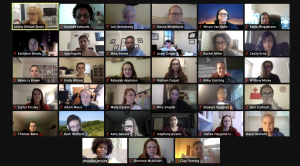
Over the weekend, online and residential UNC MPA students came together virtually to spend two days together learning how to navigate diverse perspectives as public administrators. School of Government and MPA Program faculty member, Professor Leisha DeHart-Davis, delivered a crucial lecture on diversity, equity, and inclusion for those who participated.
The course began with each person reading a novel that was written from a perspective different than their own. I chose to read Tears We Cannot Stop: A Sermon to White America by Michael Eric Dyson, as I wanted to learn more about the experience of a black man in the United States. Dyson is an academic, activist, and a minister. Hearing his perspective on whiteness and how it continually impacts people of color is an treasured educational opportunity.
Before reading the book, we were asked to write a short summary of what we thought the novel was going to be about, including values and beliefs of the author. Once we finished, we were asked to revisit our initial assumptions to see if they aligned. This assignment gave us our first opportunity to listen to and empathize with a person who has experienced the world in a differently than ourselves. Reflecting on the differences and similarities set us up well for the two full days of class.
The first day focused on understanding and recognizing implicit biases, so each of us can continually dismantle them as we progress through our life and careers. Much of the conversation stemmed from theories of recognizing implicit bias and practical approaches to addressing them in ourselves and organizations. We also discussed the consequences of when biases go undressed and the impact it can have on our work in the public sector and the people we serve.
On the second day, the class took a deep dive into discussing individual identities. An important aspect of this conversation centered around understanding the hurtful impact of making assumptions based on peoples’ identities. Additionally, when a person is speaking from their specific identity and others do not listen or invalidate their experience, this can create a more challenging atmosphere for success.
Through this class, I learned the importance of taking the time to analyze oneself to discern the impact one can have on the wellbeing of others. As an individual pursuing a career within the public sector, carrying the lessons from this class is crucial to ensuring that I am serving people equitably. I have a responsibility to understand that everyone experiences the world a little differently and that is okay. I must ensure that I am doing my part as a public servant to promote inclusion in all spaces and remain empathetic to the needs of others.
During the final reflection as a class, many people praised the class content and suggested that it be regularly offered as part of the curriculum. As current and future public administrators, we are called to ensure equity in our work and inclusion to help those who need the services provided by public servants. Professor DeHart-Davis’s course was a clear demonstration of why equity is a core value of Public Administration.
A Salute to a Legacy of Public Administration
This weekend, I had the pleasure of traveling to our nation’s capital city for a few days. While in Washington D.C., I toured the monuments honoring historical figures and events and gazed at the many important buildings that offer space for decision-makers.
The most impactful moment of the trip was paying my respects to the former Supreme Court Justice, Ruth Bader Ginsburg. Her casket was on display for public viewing on the steps of the Supreme Court building. The line to walk up the steps for a closer viewing weaved back and forth along First Street for a few blocks.
Across the street from the Supreme Court building, many individuals left flowers, gifts, notes, and signs expressing their gratitude for her legacy and the difference she made in their life. While the emotions of the environment still had an element of sorrow, reading the notes and experiencing the incredible outpour of love left me with hope.
Ruth Bader Ginsburg dedicated her life to public service. She was motivated by her passion of fighting and protecting the rights of the most vulnerable. In our MPA classes, we discuss the power of public service motivation. RBG’s life and legacy is a testament to that power.
Welcome to our new ‘On-campus’ Class of 2022
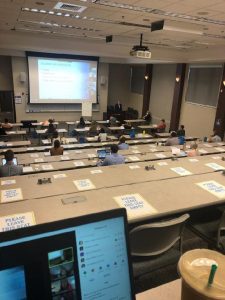
Hi again,
With the beginning of a new academic year comes new experiences and people. This is particularly true for the MPA program’s first-year ‘residential’ students (residential being in quotation marks due to the ongoing pandemic which is keeping us from being truly in-person), which is why I wanted to take some time to introduce you to this cohort.
The incoming class is one of the largest and most diverse that the residential program has welcomed in years, with 28 students joining UNC’s MPA network exemplifying various academic backgrounds and career interests. The cohort is representing 18 different undergraduate institutions including, UNC-Asheville, N.C. State University, Vanderbilt, Clemson, University of Kansas, and others. To accompany these undergraduate institutions, these individuals are bringing a wide variety of academic backgrounds to the classroom with undergraduate degrees in Political Science, Sociology, Psychology, Sport and Entertainment Management, Civil Engineering, Physics, Philosophy, and more.
While there is a large number of students joining the program from various undergraduate universities, another interesting characteristic of this class is that it contains our largest number of graduates from UNC-Chapel Hill. We have 9 students who are continuing their time as a Tar Heel in this cohort. Among the nine, 3 students are pursuing the Environmental dual degree that UNC offers. In looking at North Carolina as a whole, there are 12 additional students continuing their education within the program after receiving their undergraduate degree from an in-state institution.
Along with the rich amount of in-state representation in this cohort, there is significant number of students welcomed to the program from outside of North Carolina. Roughly a third of this cohort consists of out-of-state students. These individuals are bringing their passions from states such as Florida, Georgia, Kansas, Massachusetts, Pennsylvania, South Carolina, and Virginia.
While this semester looks a little different due to COVID-19, we are so proud of how well the first-year students are transitioning into this virtual learning environment. With most of the students averaging over three years of professional experience already, the passion and motivation for public service is tangible among this cohort. We are very happy to have these students providing insight from their experiences to make this program more enriching.
On behalf of the MPA Class of 2021, I would like to officially welcome each student of the first-year cohort to Carolina MPA. We are looking forward to providing support and getting to know each of you as we continue this year together! Remember that you have a purpose for being in this program, so let your values and passions guide you and you will make an impact!
A New Student Blogger!
Hi everyone!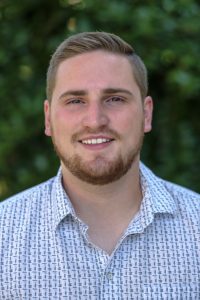
My name is Clay Fleming and I am a second-year student in the residential MPA program here at the UNC School of Government. As we continue these blogs, I hope to provide a closer look at the student experience within the program, as well as offer some insight into the incredible work others with a MPA degree are accomplishing in their communities. In my first blog, I am going to share a little about myself and the path I took to arrive here at UNC.
My journey to the MPA program was different but not too out of the ordinary. While pursuing my bachelor’s degree at Appalachian State University, I was heavily involved in a community service organization called Appalachian & the Community Together (ACT). In this organization, I helped provide community volunteer opportunities to students at Appalachian State as well as lead service trips to different communities across the country. Through my involvement, I began to realize I have a passion for serving communities.
This realization was made even clearer during my senior year, when I had the opportunity to lead a community service trip to San Francisco. The group I was leading worked with three non-profits in the Bay Area, all of which discussed working with local government to create ordinances that were mutually beneficial for the non-profit and San Francisco residents. Through witnessing the direct impact these partnerships had on the community, I realized I wanted this to be my career. The next day, I found UNC’s MPA website, read about the program’s focus on both non-profits and local government and I was sold!
Once I started the residential program last fall, I began to see all of the different avenues this degree could take me. Prior to starting the MPA degree, I never gave much thought to working in local government as a career, as I was set on working for a non-profit. However, with local government being the strong point of the program, my interests were ignited. Over the summer, I had my first authentic exposure to life working in a municipality through my Professional Work Experience (PWE) with the Town of Holly Springs. While interning there, it was incredible to see the inner workings of the government body to support residents, especially during COVID-19.
Ultimately with my MPA degree, I hope to create positive social change in the world that includes an emphasis on social equity. Whether my career leads me to local government or the non-profit sphere, I want to continue my passion for strengthening communities and serving people. I am very thankful for the opportunity to pursue this career and the support this program offers to me and my peers. I look forward to regularly updating you on various topics and happenings within public administration.
Celebrating Work and Managing Endings
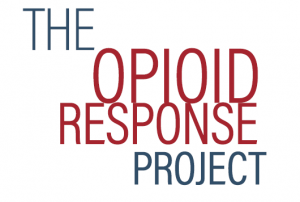
On Day 1, the public forum, things went forward nearly seamlessly in our virtual environment. SOG faculty and staff presented on collective impact, summarized two-year project, and facilitated excellent break-out sessions with team members who had expertise on topics like transportation, housing, and employment and recovery courts. There were some hiccups with the keynote speaker, Sam Quinones, the author of the highly acclaimed book Dreamland. As a journalist, he had a specific perspective of the opioid crisis, which did not always mesh with the experience and expertise of these community teams. For example, he spent over five minutes talking about how the word “addict” should be used to describe people who use drugs or who have Substance Use Disorder (SUD), despite the fact that community members in the chat attested that it was stigmatizing language. Despite these issues, the first day was a great spotlight of the project as a whole.
The second day of the forum was a teams-only event, summarizing the results of their efforts in 5-minute presentations, as well as workshops to focus on their sustainability and further work moving forward. Although there were some minor technical problems with showing some of the first presentations, these were ironed out as the day went on. Teams praised each other’s accomplishments and videos, which allowed them to make even more connections among communities using similar strategies. The teams were also able to use breakout rooms to discuss public values, collective impact, sustainability, and more, and then debrief with SOG faculty as facilitators. It was not the ending that partners may have wanted; their work, and the forum itself, were greatly complicated by the COVID-19 pandemic. However, it seemed like a fitting celebration of the teams themselves, one of the ways that ncIMPACT is managing the end of such a momentous and publicly-involved project.
Welcoming our new August 2020 Online Students
Creating a Community Resource
As my PWE enters its final few weeks, I have been working on finishing several long-term projects, including the presentations for the Opioid Response Project that I spoke about last week. My other major product for that project has been the Online Resource Library that will be put up on its current microsite, and eventually the permanent website that will launch sometime in late fall or early winter. This library contains well over a hundred resources, in ten different subject areas compiled over the course of the two-year project by multiple participants, including past research assistants. Its purpose is to codify the resources created and shared by our community teams, as well as ones that would assist communities in undertaking a collective impact-style response to the opioid crisis. Although there is a guidebook in production that specifically focuses on the implementation of a collective impact project, these resources are substance use-specific, and can assist organizations who are in any stage of addressing opioids in their communities.
While working on this product, there have been many thumbs in this metaphorical pie. Since this project involved many staff and faculty members from across the SOG, it has a series of subcommittees, including one for the website. But because the project is being managed through ncIMPACT, there is an input and review process there as well. This means that I have had to manage the expectations and ideas of many individuals as I create this product, including people who have not had the chance to see the library or been involved in its compilation. Although this has at times made creating this resource more difficult, it has also raised useful questions about its purpose, format, and realistic usefulness in the wider community. For example, these conversations led to the decision to add a brief context statement to each resource and category, so that users do not have to actually click on or read the resource in order to see if it is useful to them. This made the library a much more time-intensive product for me, but will also make it much more helpful to the public audience it is meant to serve.
Creating products for a general audience is something that I have learned much more about during this PWE experience. I have been involved in academia for almost seven years now, and see it as my future career. My perspective, writing, and priorities often reflect that bias. Although I realize the importance of public-focused work, I have traditionally felt uncomfortable creating resources for this audience. How was I supposed to know what people wanted or needed? How was I, with an outsider’s perspective, going to be able to create something that would assist communities in a real, tangible way? Working with ncIMPACT has given me a much more nuanced perspective of making research and project results accessible to those who they affect most. I still know that I have an outsider’s perspective, but now I am able to speak with professionals and clients to understand how resources like this one can best support them. I am also more able to put myself into the shoes of others, and think critically about how to most efficiently communicate this information to a non-academic audience. Being able to learn more about the crossroads of policy, research, practitioners, and communities is helping me grow as a professional, and put the “social” in social worker and the “public” in public administrator.
